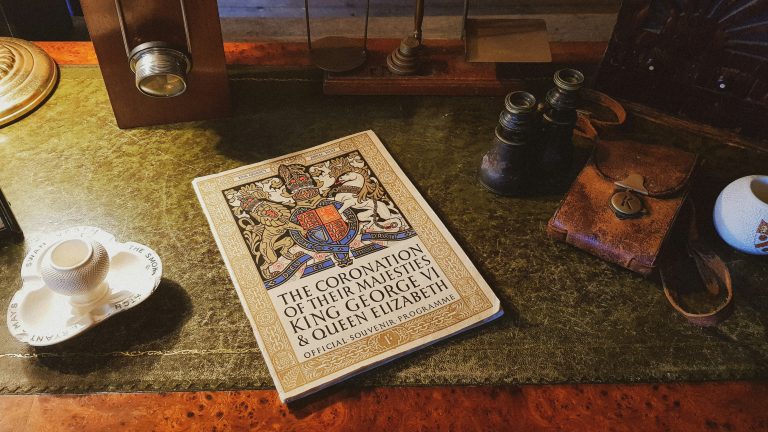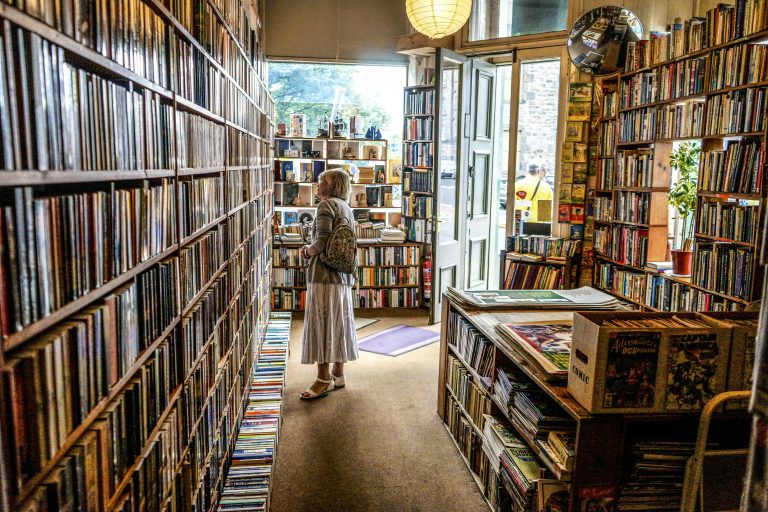Beyond Borders: The Global Resonance of Contemporary Portuguese Literature
Portugal’s literary legacy shines brightly, with luminaries like Pessoa illuminating its past and modern authors carrying forth the torch of creativity. Within contemporary Portuguese literature lies a tapestry of diverse themes and styles, reflecting the nation’s cultural richness. Through this exploration, we uncover the profound narratives and global impact of emerging authors, showcasing Portugal’s enduring influence on the literary world. Join us as we navigate the vibrant landscape of Portuguese storytelling.
Genre Spotlight
Fiction
Contemporary Portuguese fiction thrives with authors exploring diverse themes, from identity and memory to societal changes and human relationships. Let’s delve into the worlds of three leading authors:
José Luís Peixoto
- Biography: Born in 1974, José Luís Peixoto emerged as a significant voice in Portuguese literature. He grew up in the Alentejo region, which influenced much of his writing.
- Writing Style: Peixoto’s prose is marked by poetic lyricism and vivid imagery, capturing the essence of rural life and human emotions.
- Notable Work: “Blank Gaze” (2000) – This novel delves into the intricacies of family dynamics against the backdrop of Portugal’s changing landscape.
Dulce Maria Cardoso
- Biography: Dulce Maria Cardoso was born in Trás-os-Montes in 1964 and spent part of her childhood in Angola, an experience that deeply informs her writing.
- Writing Style: Cardoso’s writing is characterized by its rawness and authenticity, often delving into themes of exile, displacement, and the complexities of memory.
- Notable Work: The Return (O Retorno) (2011): Winner of the Special Critics’ Prize, this novel explores themes of memory and loss.
Poetry
Portuguese poetry continues to enchant readers with its emotive language and profound insights into the human condition. Here are two poets making waves:
Ana Luísa Amaral
- Biography: Ana Luísa Amaral was born in 1956 in Lisbon. She is a professor at the University of Porto and has published numerous poetry collections.
- Writing Style: Amaral’s poetry is marked by its introspective exploration of identity, love, and the natural world, often infused with a feminist perspective.
- Notable Work: Minha Senhora de Quê (Mistress of What) (1990): This debut collection marked her entry into the Portuguese women’s poetry movement, referencing Maria Teresa Horta’s earlier work.
Nuno Júdice
- Biography: Nuno Júdice, born in 1949 in the Algarve region, is not only a poet but also a prolific essayist and translator.
- Writing Style: Júdice’s poetry is characterized by its formal elegance and philosophical depth, exploring themes of time, memory, and the human condition.
- Notable Work: “A Noção de Poema” (1972) – Júdice’s debut poetry collection, which explores themes of identity, memory, and language.
Other Notable Genres
Contemporary Portuguese literature showcases a vibrant tapestry of genres. Alongside the prominence of fiction and poetry, the landscape also flourishes with compelling drama and thought-provoking non-fiction. This diversity enriches readers with a plethora of narratives and perspectives, fostering a deep appreciation for the multifaceted nature of Portuguese literary expression.

International Recognition
Contemporary Portuguese authors are experiencing a surge in global recognition, as their literary achievements transcend borders, reaching audiences worldwide through translations and prestigious accolades. This elevated status not only amplifies Portugal’s literary presence globally but also facilitates cultural exchange and mutual appreciation. Through their works, these authors serve as ambassadors of Portuguese culture, bridging diverse linguistic and cultural landscapes, enriching the global literary tapestry with their unique perspectives and narratives.
Conclusion
In conclusion, the exploration of contemporary Portuguese literature reveals a dynamic and diverse landscape where authors like José Luís Peixoto and Dulce Maria Cardoso captivate readers with their profound narratives. Ana Luisa Amaral and Nuno Júdice enchant with their evocative poetry, while other genres like drama and non-fiction offer further richness to Portugal’s literary scene. With increasing international recognition, these authors serve as cultural ambassadors, fostering global understanding and appreciation of Portuguese storytelling traditions.
Embark on a literary voyage tracing the evolution of Portuguese expression, from its earliest roots to the blossoming of artistic brilliance during the Renaissance period.










